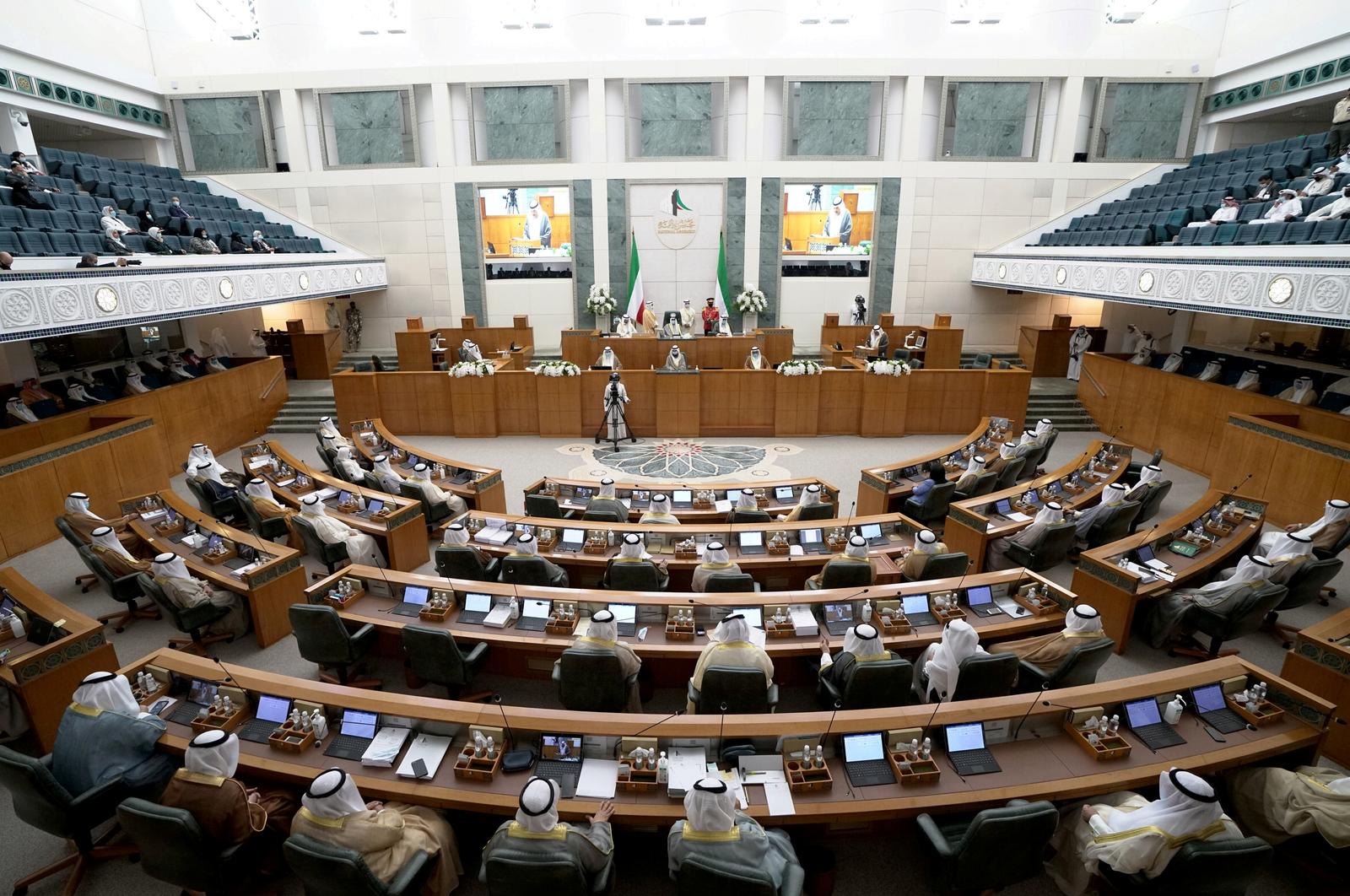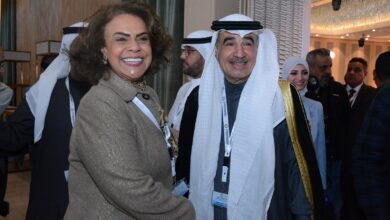
All of the female candidates in Kuwait’s parliamentary election lost their races. The unofficial opposition took nearly half of the seats, amid calls for reforms over corruption and high debt.
Kuwait’s new parliament will be led by an all-male contingent, according to elections results posted on Sunday.
Of some 326 candidates vying for the 50-member legislature in the oil-rich Gulf state, 29 candidates were women, none of whom managed to win their races.
It is the first time since 2012 that there will not be a female lawmaker in parliament, as the only female that held a post in the legislature also lost her race.
Women have been eligible to vote in Kuwait for just 15 years.
Saturday’s election was the first under new ruler Nawaf al-Ahmad Al Sabah, who took office in September, succeeding his half-brother, the late emir Sabah.
In 1963, Kuwait became the first country in the Gulf region to establish an elected parliament, and while it routinely holds free parliamentary elections, power effectively remains in the hands of the ruling al-Sabah family and the emir, who appoints the government.
With political parties banned, all candidates ran as individuals. But many groups operate freely as de facto parties. One of those is an opposition coalition made up of individuals, rather than well-defined parties with a distinct ideology.
Opposition makes gains
Saturday’s election was a win for Kuwait’s unofficial opposition, whose candidates took nearly half of parliament’s seats in weekend polls, amid calls for reforms over corruption and high debt.
Twenty-four of the National Assembly’s 50 seats were won by candidates belonging to or leaning towards the opposition, up from 16 in the last parliament.
Some 30 candidates under the age of 45 will join the new lawmaking body, sending a promising signal to youth hoping for change and reform.
Lulwa Saleh Al-Mulla, head of the Kuwaiti Women’s Cultural and Social Society, felt the election results were bittersweet. She said was hopeful about the new younger members in parliament, but disappointed by the lack of women’s representation.
“Still, the people participated positively in the polls for change and toppled some of the corrupt elements that distorted the image of democracy and abused their positions in the assembly,” Al-Mulla said.




